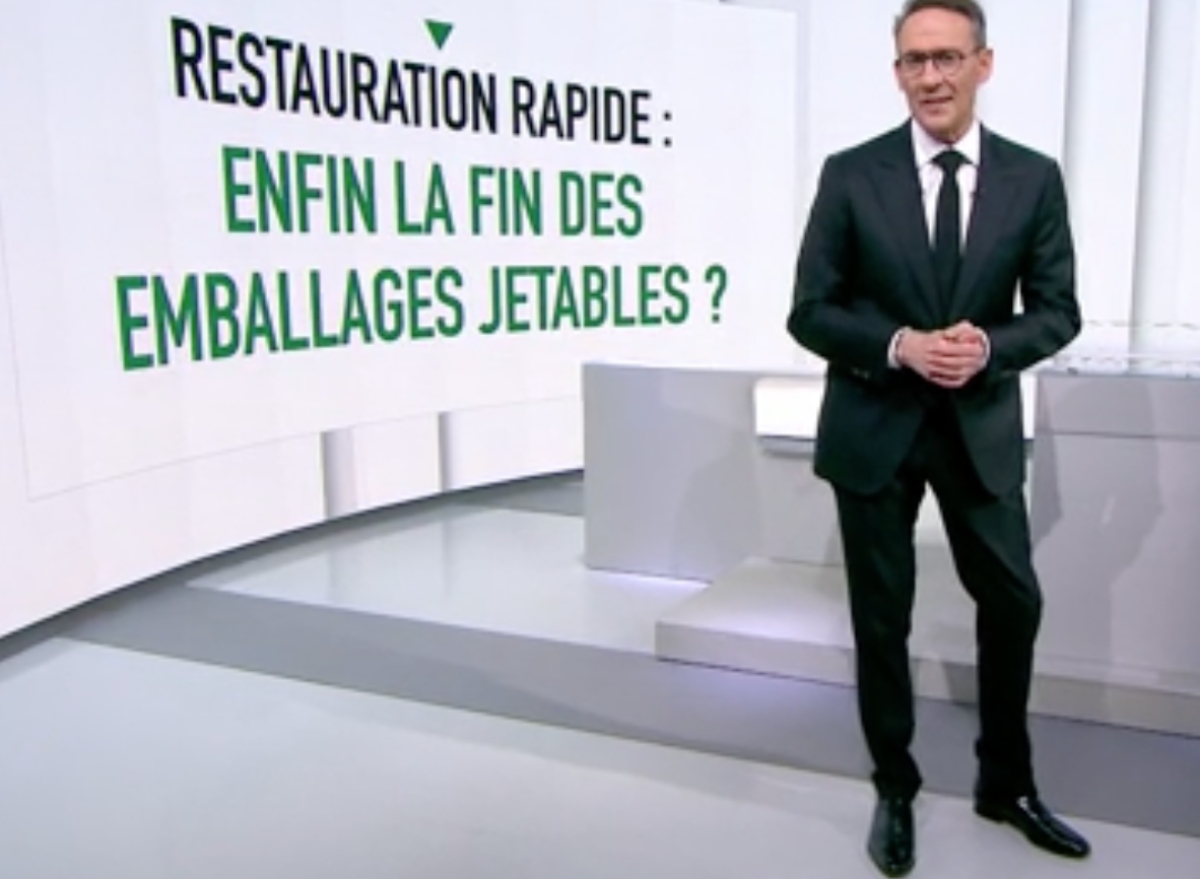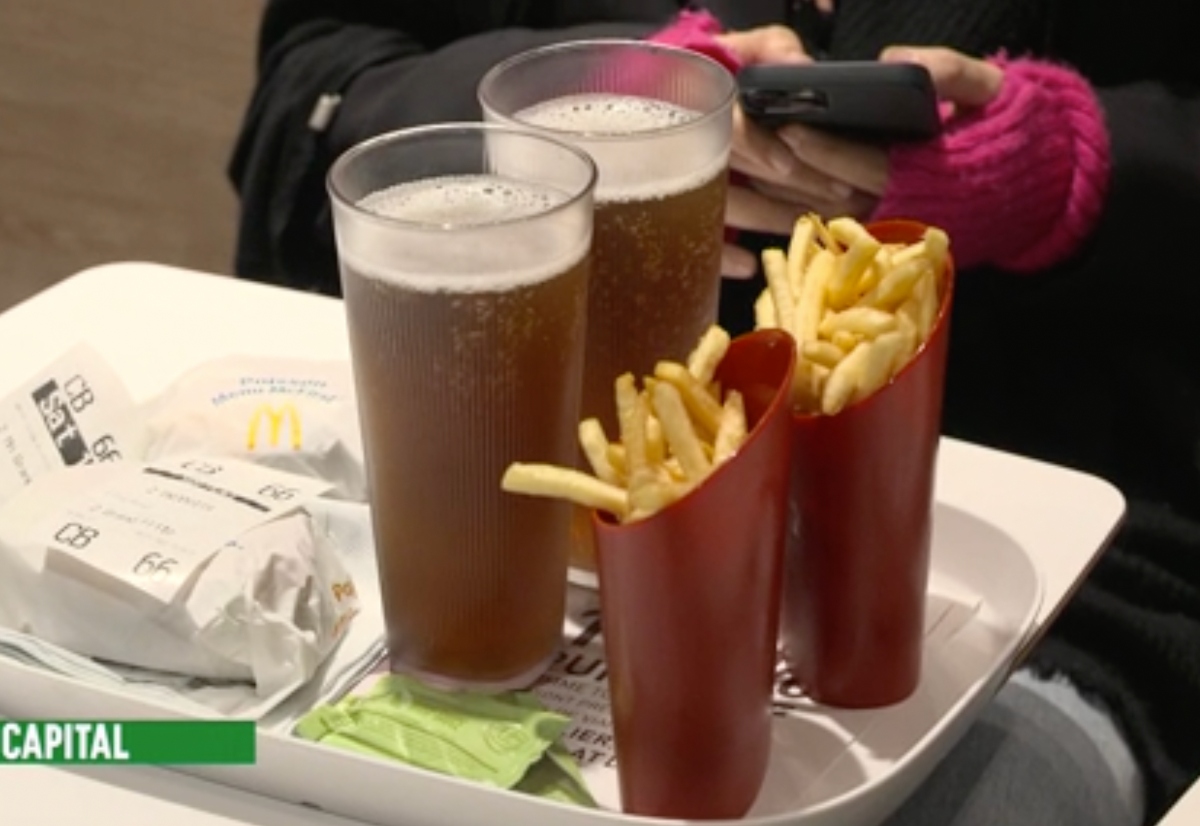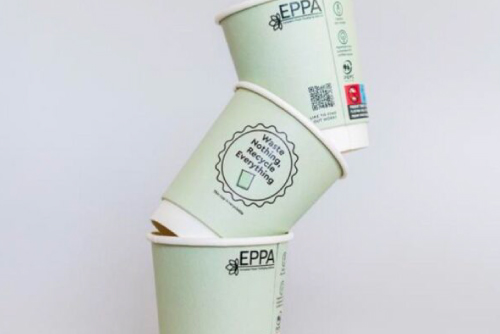Since January 1, a new law fighting waste and requiring all quick-service restaurants serving more than 20 people in-store to use reusable packaging for their meals has come into force in France.
A week ago our vice-president Eric Le Lay, President Fibre & Foodservice at Huhtamaki and our treasurer David Schisler, President of CEE R Schisler were interviewed by Capital to explain the significant advantages of using renewable and recyclable single-use paper packaging and warned against the mass reintroduction of plastic on the French market.
From new washing and drying requirements and refurbishments, added costs, the theft of the reusable containers across the country and logistical nightmares, the implementation of the law has brought its share of challenges and the pitfalls of the law are visible for all. Unfortunately, these challenges are not justified from an environmental point of view. This was the conclusion found by a one-of-a-kind Life Cycle Assessment study analysing the environmental consequences of such a switch.

”Switching to reusable packaging for in-store dining in quick-service restaurants will be detrimental to the environment.
The results, applicable to France, are clear. Switching to reusable packaging for in-store dining in quick-service restaurants will be detrimental to the environment. For 50 effective reuse, switching to reusable packaging will mean multiplying freshwater consumption by 5.3 at a time of water scarcity, and CO2 emissions by 51% (given France’s nuclear-based energy mix). With these results, the study perfectly highlights the danger of such measures.
Switching to reusable packaging also means massively reintroducing plastic on the market, despite trying to do the exact opposite for years. Paper packaging is a circular product: it is made out of renewable materials, is recyclable and effectively recycled. Where plastic pollutes our beaches and our oceans, paper packaging can be recycled more than 25 times and transformed into quality secondary products like egg cartons. It even holds the highest recycling rate of all packaging materials in Europe at a staggering 82%. In France, according to the Ministry of the Environment, the sorting, collection and recycling rates of paper packaging range between 72% and 98.5% for the three largest fast food brands.
In the face of these facts, why jeopardise an existing and efficient recycling system in favour of either non renewable or non recycled alternatives?
The French situation must be a lesson for Europe: implementing reuse targets for in-store and takeaway services would be detrimental to the environment and the circular economy. Another solution is possible: the championing of renewable and recyclable paper packaging.




